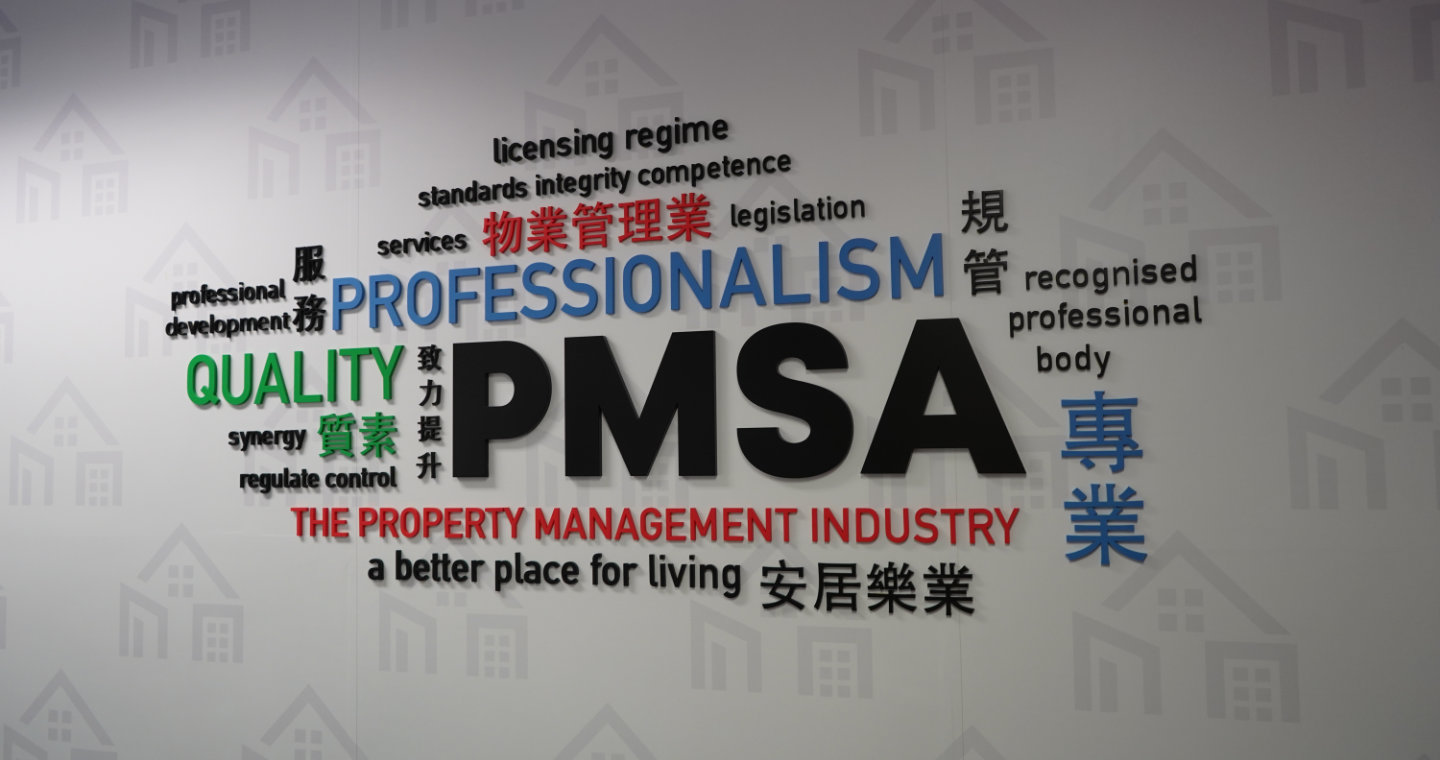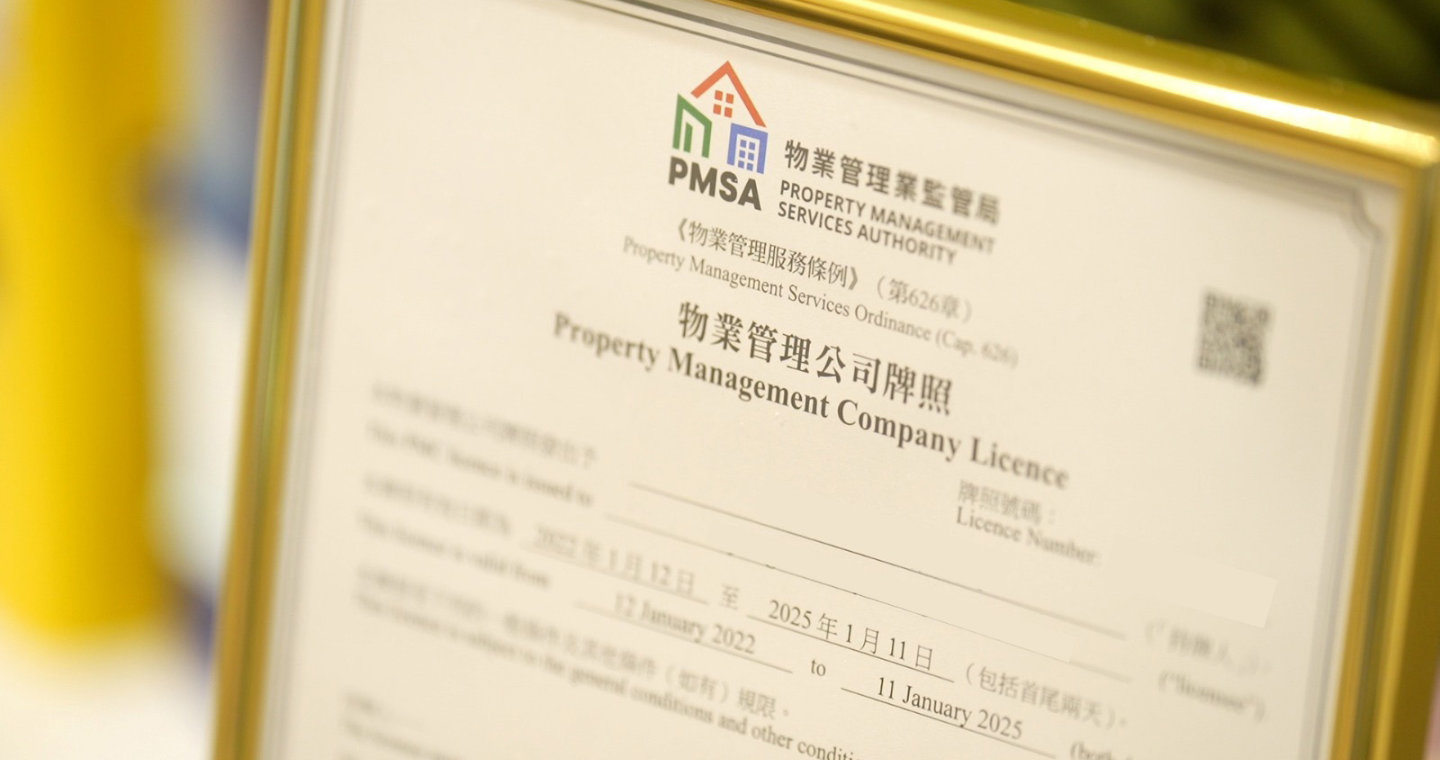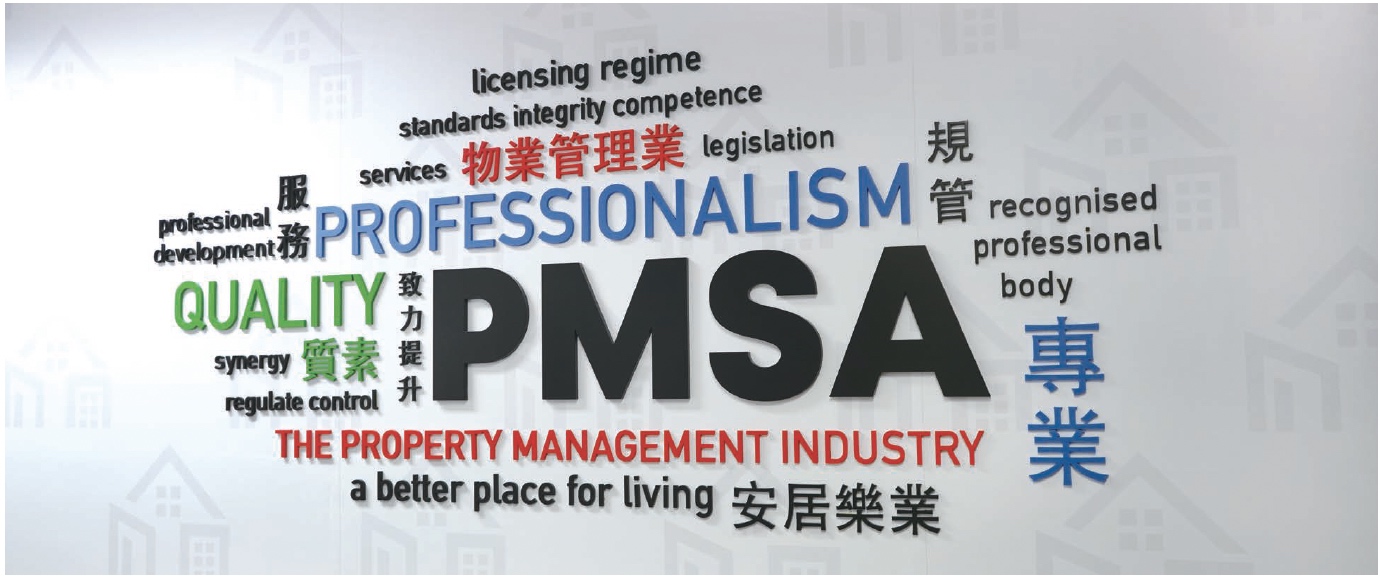
Whether Expenditure Relating to MSW Charging Should be Included in the Total Expenditure of a Property for Calculating “Manager’s Remuneration”
According to the Revised Guidelines for Deeds of Mutual Covenant (“DMC Guidelines”) issued by the Legal Advisory and Conveyancing Office under the Lands Department (June 2011 edition), a property manager’s remuneration must not exceed a percentage of the total expenses, costs and charges necessarily and reasonably incurred in the management of the development (excluding the manager’s remuneration itself and any capital expenditure or expenditure drawn out of the Special Fund). The percentage must be based on the total number of residential units and parking spaces in the development and must not exceed 10% - 20%.
According to the MSW Charging Best Practice Guide issued by the Environmental Protection Department (“EPD”), the most effective way to drive waste reduction is to allow the households to purchase appropriate-sized designated bags/designated labels for disposing of waste through sales points and online platforms authorised by the EPD, allowing them to experience the "Dump Less, Save More" principles direct. However, during the initial implementation of MSW charging, the EPD recommends property management companies (“PMCs”) to assist households in purchasing and distributing designated bags, so as to facilitate households to develop a new habit of using designated bags for waste disposal, which in turn enhances compliance rate (and the EPD will offer a service fee rebate equivalent to 3% of the prescribed price for each designated bag to PMCs applying for bulk purchase of designated bags for distribution in order to cover the additional operating costs. As purchase of designated bags for households is a temporary arrangement and the EPD will cover the additional operating costs, such expenditure (including designated bag costs, administration and logistic costs, etc.) should not be included in the total expenditure of the property for calculating the manager’s remuneration.
In addition, there may be presence of non-compliant waste (“NCW”) (i.e. waste that is not properly wrapped in designated bags) during the initial implementation of MSW charging. PMCs may need to purchase designated bags to handle such NCW. PMCs should discuss with owners’ organisations / owners / clients on whether this expenditure should be included in the total expenditure of the property for calculating the manager’s remuneration.
According to the "polluter-pays" principle, in general, MSW charging arisen from handling waste in common areas should be apportioned equally among households. Therefore, designated bags for handling waste in common areas are recurrent expenses necessarily and reasonably incurred in the management of the development which may be included in the total expenditure of the property for calculating the manager’s remuneration.
According to the Building Management Ordinance (Cap. 344), a licensed PMC, in its capacity as the Manager, has to prepare a draft budget for each financial year setting out the proposed expenditure for the financial year and consult the owners’ organisation / owners / clients; and according to the General Code of Conduct issued by the PMSA, a licensed PMC must, to the best of its knowledge, provide accurate and relevant information or advice to its clients to facilitate them to make informed judgments and decisions. The PMSA has issued letters reminding PMCs to disclose to owners’ organisations / owners / clients their method of calculation of household fees regarding MSW Charging arrangements in accordance with the aforementioned requirements, including whether such expenditure will be included in the total expenditure of the property for calculating the manager’s remuneration, so as to facilitate owners’ organisations / owners / clients to know more about the arrangements and make decisions, in order to prevent concerns or unnecessary misunderstandings leading to complaints or conflict.



























